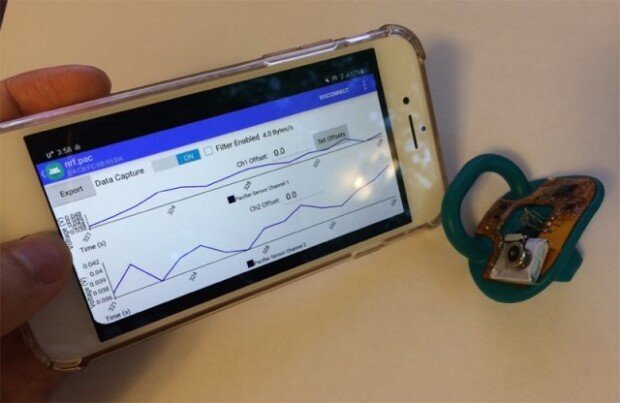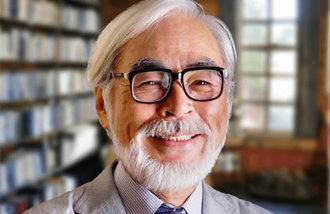New device developed to diagnose babies with no blood drawn
New device developed to diagnose babies with no blood drawn
Posted May. 20, 2022 08:05,
Updated May. 20, 2022 08:05

A prototype of a “smart pacifier” has been developed by a group of 10 researchers, nine out of which are Korean, to help diagnose disease in babies without drawing their blood. It is assessed as one of the first steps taken to commercialize smart pacifiers that track health conditions that are used to check out babies in real time.
Consisting of 10 researchers from Washington State University, Georgia Institute of Technology and Wichita State University in the United States and Pukyong National University in South Korea, the international research team released a thesis in the journal Biosensors and Bioelectronics on Monday, demonstrating that sodium and potassium levels in infant patients measured by the smart pacifier are as accurate as those found in an analysis involving blood drawing. These indicators tell health providers how dehydrated premature babies are.
The research group added a small sensor to a normal pacifier. Once a baby takes it, the sensor gets data from saliva, which are transmitted to smartphones and other devices in real time on Bluetooth so that health providers can check them out immediately.
Associate Professor Kim Jong-hoon at Washington State University, a corresponding author of the thesis in question, said that he wanted to remove wires that are connected to babies in neonatal intensive care units to measure heart rates, respiratory rates, body temperatures and blood pressure. He plans to extend clinical testing and add a sensing element to the device to monitor body temperature, glucose levels and other types of electrolytes.
Bo-Mi Im bom@donga.com
Headline News
- Lee acquitted of subornation of perjury charges in first trial
- Trump’s second term to pressure S. Korea to join China export controls
- 25 cases of technology theft to overseas caught this year
- Russia warns S. Korea over supplying lethal weapons to Ukraine
- Lee Jae-sung scores header goals in consecutive Bundesliga matches







